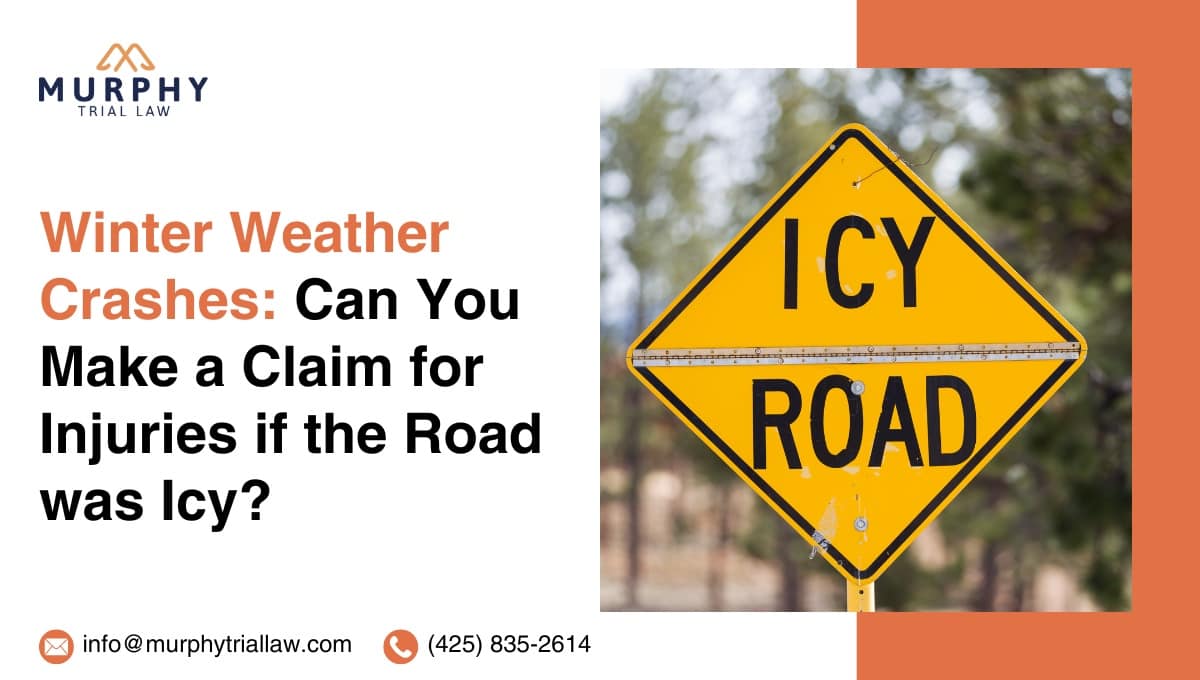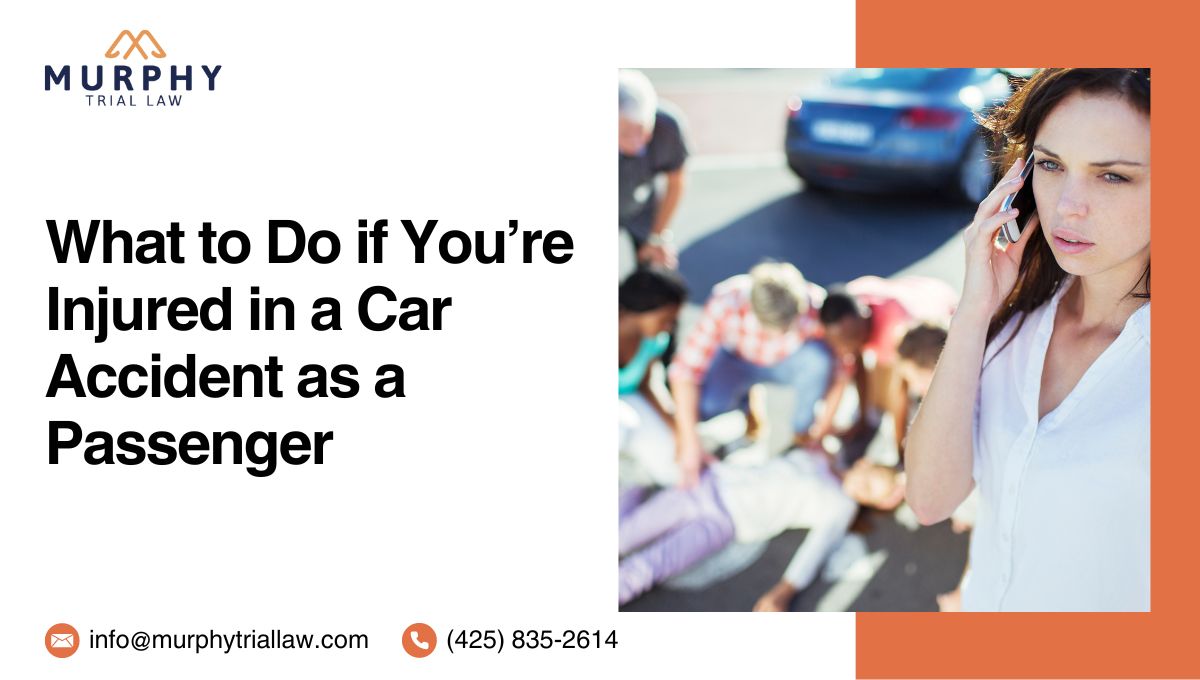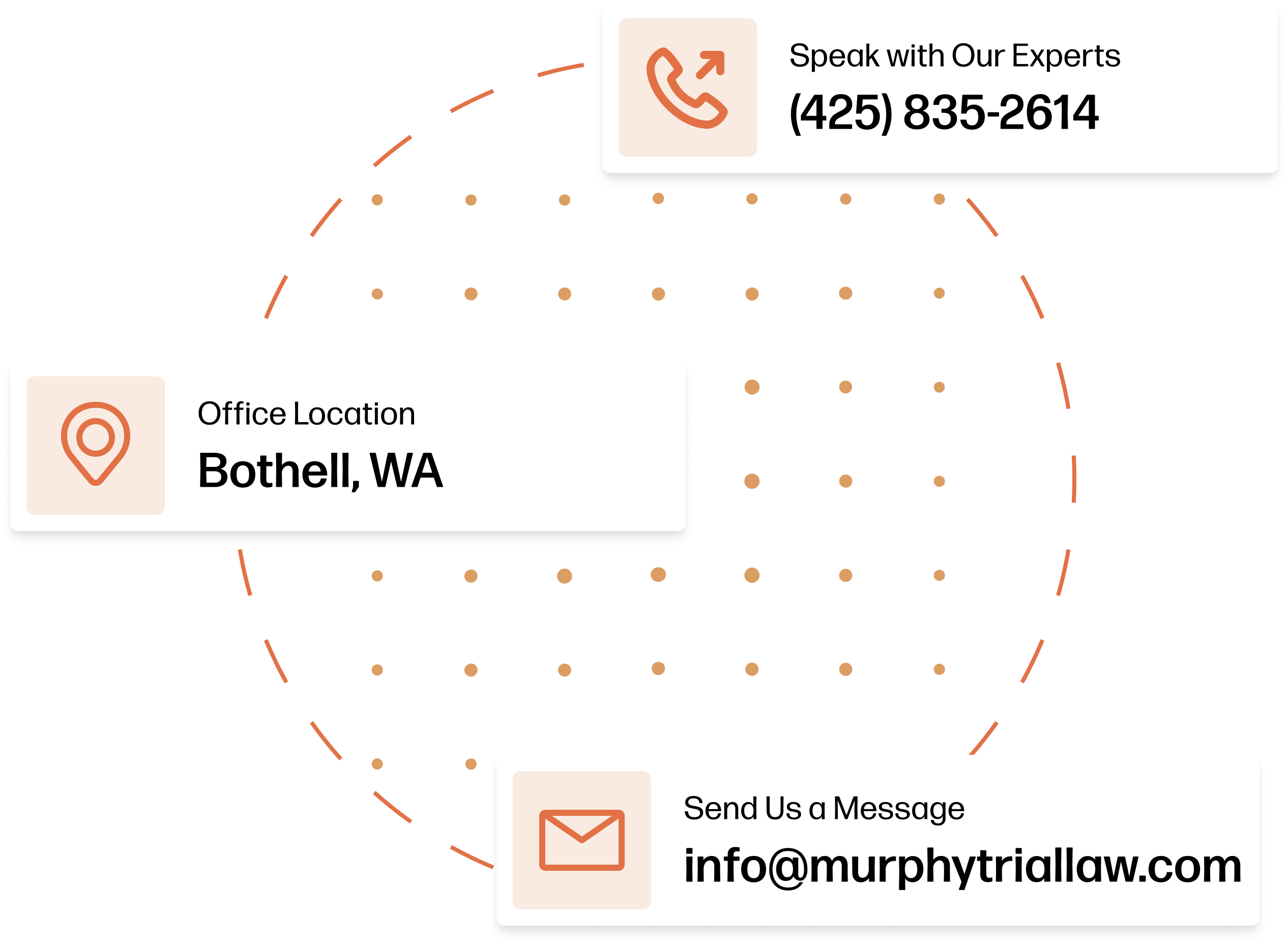Winter driving brings an increased risk of accidents due to snow and ice. I’m often asked whether you can make a claim for injuries if another car slips on snow or ice and causes an accident. The short answer is probably – but it’s important to understand your rights. Consulting with a personal injury trial lawyer is a wise step to ensure you’re fully informed and protected.
Understanding negligence in snow and ice accidents
At the heart of any personal injury claim is the concept of negligence. Negligence is the failure to exercise ordinary care – legal speak for not acting like a safe person would act. To make a successful claim you must prove that the other driver acted negligently, leading to the accident and injuries. In the context of winter driving, negligence could involve failing to adapt to weather conditions, such as not slowing down on icy roads or not maintaining proper control of the vehicle.
The role of "Reasonable Care"
Drivers are expected to exercise “reasonable care” under the circumstances. During winter, this includes considering snow, ice, and reduced visibility. If a driver fails to adjust their driving behavior in response to these conditions and causes an accident, they could be considered negligent. For example, if a driver does not use appropriate snow tires, fails to clear their windshield properly, or drives too fast for the conditions, these actions could contribute to a finding of negligence.
Exception: The sudden emergency doctrine
The Sudden Emergency Doctrine recognizes emergency situations in which a person’s actions cause an accident, but the person is not considered negligent. Washington State Jury Instructions say that “a person who is suddenly confronted by an emergency through no negligence of his or her own and who is compelled to decide instantly how to avoid injury and who makes such a choice as a reasonably careful person placed in such a position might make, is not negligent even though it is not the wisest choice.”
An example in winter weather situations could be where a driver spins out on ice ahead of another driver, who when trying to avoid a crash causes another accident.
Comparative negligence and your claim
Washington operates under a comparative negligence system, which means that if both parties are found to be at fault, compensation is reduced by the percentage of fault attributed to the injured party. For instance, if you were speeding slightly when another car slipped on ice and hit you, you could be partially at fault and your compensation would be reduced. However, even if you’re 90% at fault you’re still entitled to 10% of the total compensation.
Steps to take after an accident on snow or ice
- Document Everything: Take photos of the accident scene, including road conditions, skid marks, and any visible damage to the vehicles. This evidence can be crucial in proving negligence.
- Call the Police: File a police report detailing the incident. This report can provide an official record that helps support your claim.
- Seek Medical Attention: Even if your injuries seem minor, it’s important to see a doctor. Some injuries may not be immediately apparent.
- Consult a Personal Injury Lawyer: Navigating snow or ice accident claims can be complicated. A skilled personal injury lawyer can help you understand your rights and the best course of action.
Conclusion
If you’ve been injured in an accident caused by another car slipping on snow or ice, you may have grounds for a claim. By taking the right actions immediately after the accident and consulting a personal injury lawyer, you can increase your chances for success.
Winter driving accidents present unique challenges, but with the right knowledge and legal support, you can navigate the aftermath of an accident more effectively. If it’s icy out there, drive slowly, be aware of other drivers, and stay safe!
This blog post aims to provide a general overview and should not be taken as legal advice. Every accident is unique, and laws vary by jurisdiction. For personalized advice, it’s always best to consult with a personal injury lawyer who can assess your specific situation and guide you through the legal process.






